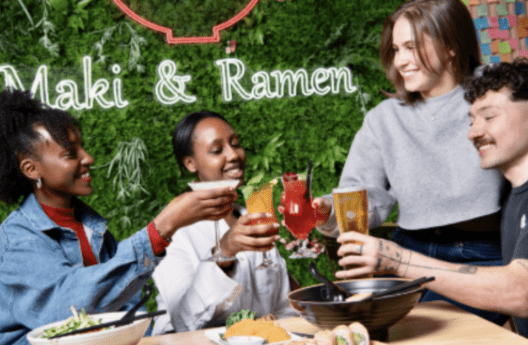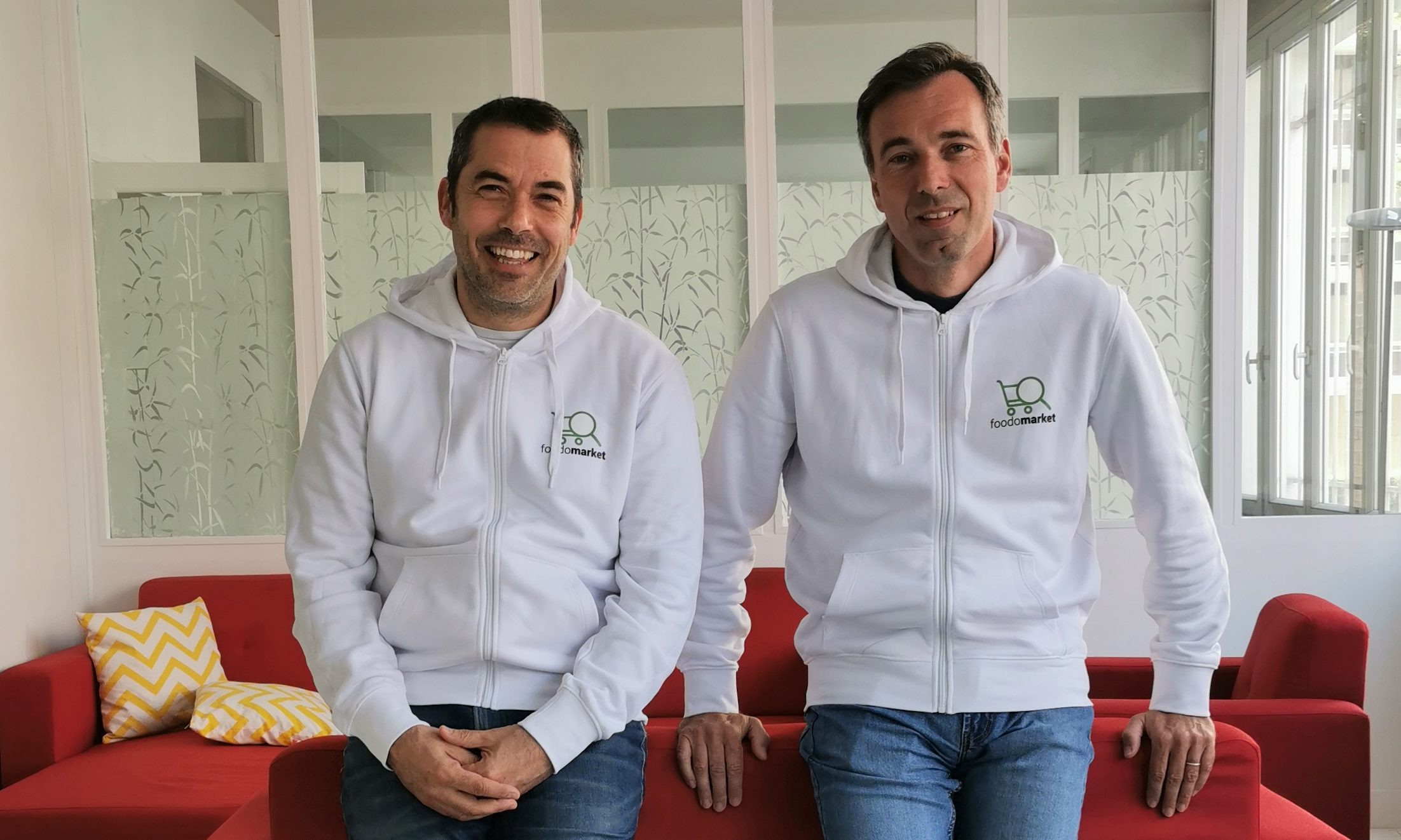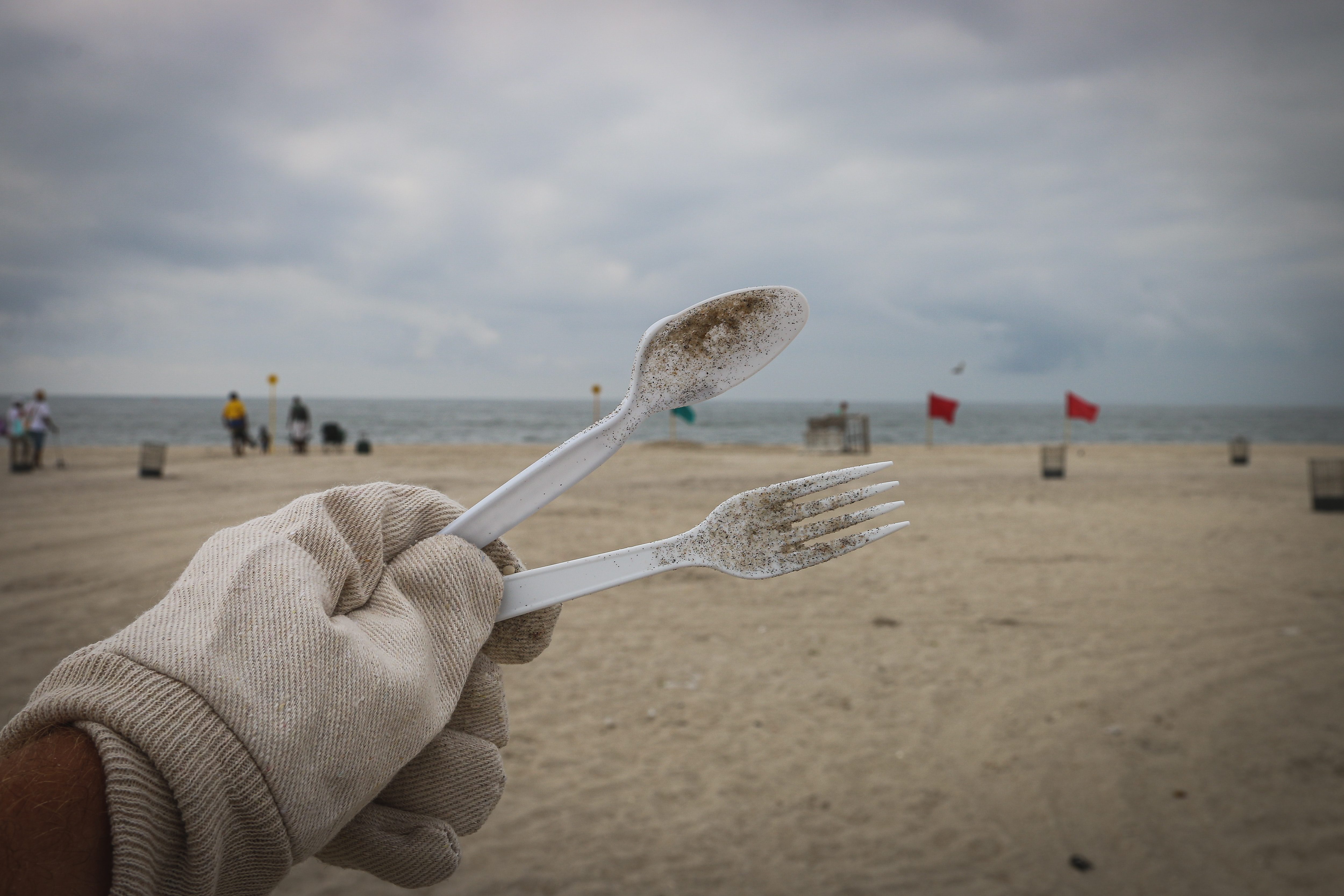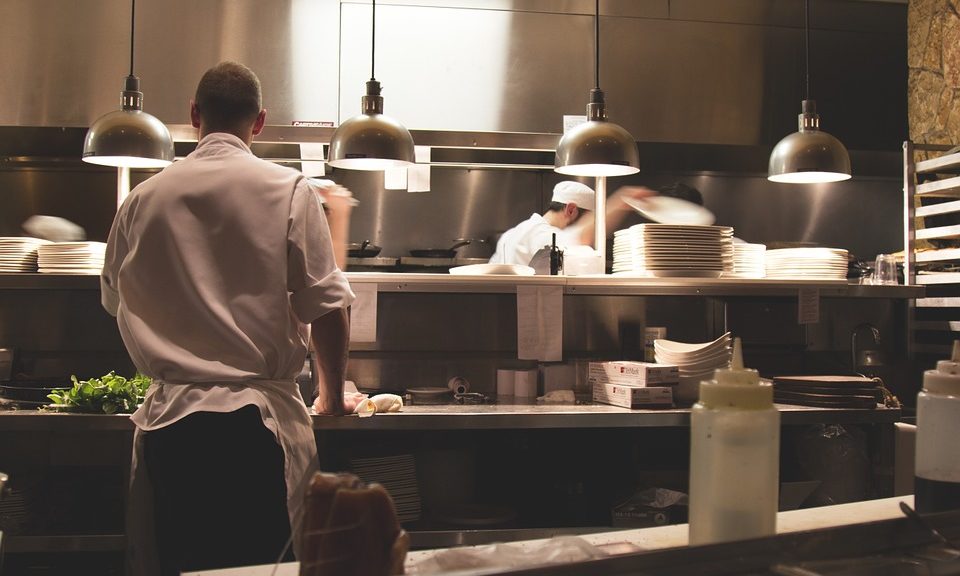Register to get 5 free articles
Reveal the article below by registering for our email newsletter.
Want unlimited access? View Plans
Already have an account? Sign in
It is becoming increasingly important in modern cookery for businesses and the culinary sector in general to champion regional ingredients and make a wholly conscientious effort to shorten supply chains. Essentially, what this means is decreasing the time from field to fork for the benefit of the environment and the local economy. There are so many positives (and a couple of negatives too!) to purchasing local products where possible, and I’m going to outline a few of them in this article.
As a chef, working with top-quality ingredients is key, and alongside having a loyal and talented team, is fundamental to success. The use of ingredients can also lead to one of those ‘annoying’ questions chefs get from their friends and family — ‘What should I cook?’ and ‘What is your best tip?’. I often just say the same thing and that is “follow the seasons, eat locally where you can, and keep it simple”.
Get to know your supply chain
We as professionals need to understand that the whole supply chain is critical now more than ever. With the climate crisis intensifying and the ongoing turbulence of the economy, it’s important to know the true cost and value of a product that is put in front of the consumer. Despite some fantastic overseas ingredients such as lamb from New Zealand, asparagus from Kenya or even strawberries from the Netherlands, I wholeheartedly believe, on a moral level, that eating local is far more important than demanding an out-of-season product from further afield.
Furthermore, when we look at ethical diets such as veganism, I believe there’s an argument to be had that it would be more ethical to eat a retired dairy cow or a free-range chicken from a local farmer who loves their animals, than it is to ship in avocados from South America or jackfruit from Asia for a vegan meal. Full transparency and traceability of the journey, in addition to the thought process, are vitally important and have become a big component of consumer behaviour.
Whether it is meat, fish, fruit or vegetables, there are a whole host of problems with global supply chains and where your money goes for a product. With coffee and chocolate, so much work has been done with fair trade and making sure that the routes are sustainable and ethical. And the same needs to be done with other products across all food groups.
Overfishing and other bad fishing practices, along with the ill-treatment of animals just for their meat, comes at too high a cost ethically, especially when there’s an alternative – eat local, eat seasonally, and know where it comes from.
The need for collaboration
More conversation needs to be had between producers, growers, farmers, chefs and even customers. On a quality level, local does not necessarily mean better. Not everyone’s local producer can be the ‘world’s best’ by definition. Fresh fruits and vegetables are generally better when the time between being picked and being eaten is shorter. Therefore, something like fresh berries off a bush that are just ripe are so much better, tastier and juicier than ones grown out of season.
We have a lot to answer for in terms of consumer demands, we expect certain items to be available all year round and the true cost economically, ethically and environmentally of that is just not right — whilst the flavour and texture of the ingredient is nowhere near as good.
A key part of a chef’s journey is learning to adapt and respect each ingredient on its own merits. If there is an abundance of ingredients, use them, preserve them, pickle, ferment and dry them. There’s so much you can do and so many interesting techniques to prolong the season, as well as just keeping it simple. Take every ingredient, taste it and appreciate it. I don’t think there are many worse things in cookery than having an ingredient mistreated or wrongly prepared — therefore we must learn to respect the animal, the grower, the fisherman and the farmer.
It’s understandable that a huge part of the human population relies heavily on imports to sustain themselves and exports to make a living. I’m not saying to never do this, at all. I just think it’s more important that we think about every meal and the journey that it took.
For that, it’s critically important for the future of this industry that we start to have sensible conversations on how we act as a consumer. Where and when possible, I believe we should keep the mantra: eat local, eat seasonally, keep it simple, and respect the ingredient.



















